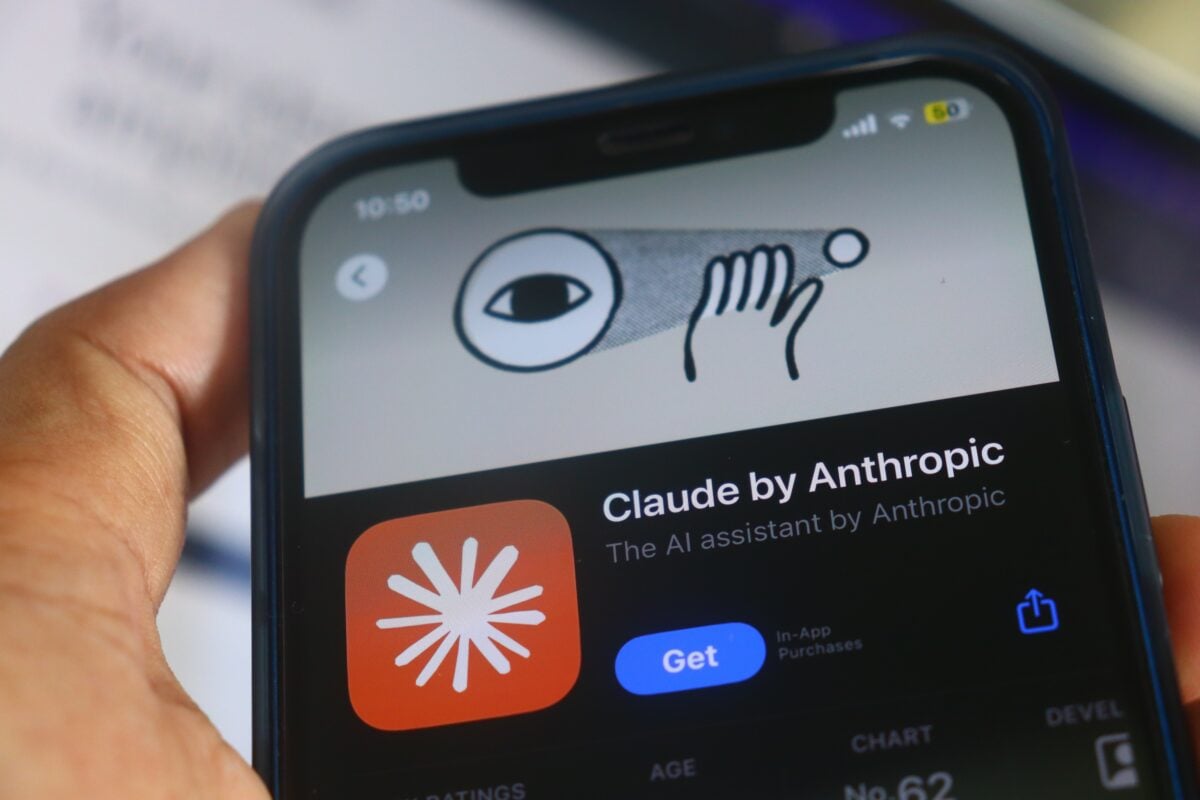TLDRs;
Contents
- Anthropic gives Claude the power to end distressing conversations, expanding its refusal safeguards for harmful user prompts.
- The update reignites debates over AI sentience, with experts divided on whether features risk reinforcing misconceptions about consciousness.
- Business pressures and regulatory risks are pushing AI firms to implement safety guardrails as essential, not optional.
- Claude’s refusal mechanism highlights the design challenge of preventing misuse while avoiding misleading emotional attachments to AI.
Anthropic, the San Francisco-based artificial intelligence company, has rolled out a new safeguard for its flagship large language model, Claude Opus 4.
The update, posted on Friday enables the chatbot to end conversations it judges to be “distressing” or harmful. According to the company, this move is intended to address concerns about the moral implications of AI interactions while also protecting the system from being pushed into producing unethical or unsafe outputs.
Claude, which already has strict refusal mechanisms against generating illegal content or promoting violence, will now proactively disengage when users repeatedly submit abusive or harmful prompts. By doing so, Anthropic aims to reduce misuse of its technology and ensure that interactions remain constructive and safe.
Ethical Debate Over AI Sentience
The decision has sparked a broader debate in the AI ethics community. While some experts applaud the measure as a pragmatic way to prevent harmful use, others worry it could fuel misconceptions about machine consciousness.
Critics argue that giving AI the ability to exit conversations may mislead users into thinking the system experiences discomfort or distress, despite the fact that current models lack sentience or emotions.
Still, Anthropic maintains that the new feature is not about recognizing AI consciousness, but about establishing clear guardrails.
“This is about responsible deployment,” the company emphasized, noting that internal tests showed Claude often preferred to avoid harmful requests rather than engage with them.
Business and Regulatory Pressures Drive Safeguards
The introduction of conversation-ending features reflects a wider trend in the AI industry, where safety guardrails are becoming less of an ethical option and more of a business necessity.
With AI spending projected to exceed $110 billion in 2024, companies face mounting regulatory and reputational risks if they fail to address ethical concerns like bias, misinformation, and harmful interactions.
Organizations deploying large language models must now integrate protections covering security, privacy, integrity, moderation, and compliance.
Balancing Safety With User Expectations
Beyond compliance and risk, the update reflects deeper challenges in AI design. Current AI models simulate human-like conversation so effectively that users often form emotional attachments to them, even though these systems lack genuine thoughts or feelings. That emotional response creates a design dilemma of how to build engaging AI without misleading people into believing the system is sentient.
Anthropic’s approach suggests one answer, draw a hard line when conversations turn harmful or distressing. The company hopes this will prevent misuse while also reducing the likelihood of users attributing “suffering” or “emotions” to Claude. Industry observers say that user education will remain critical, as AI developers must foster emotional literacy in how people interpret their interactions with chatbots.
For now, Claude’s new refusal mechanism reflects both the rapid maturity of AI governance and the ongoing societal debate over whether machines that mimic empathy should be treated as if they possess it.


